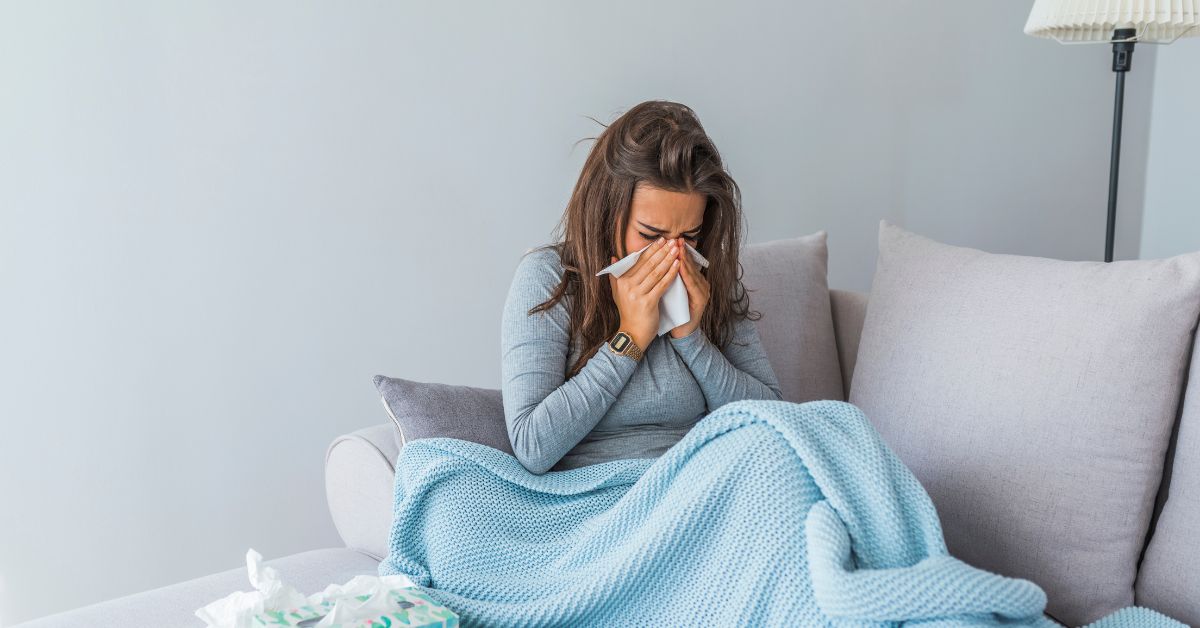Urine screening tests can help primary care providers diagnose diabetes, kidney or liver issues. Thus, your provider may order one as part of an evaluation of your overall health. This test can also help confirm, when paired with symptoms, if you have a urinary tract infection (UTI).

Should your test results show that you have bacteria in your urine, Dheeraj Goyal, MD, a Mercy Health infectious disease specialist, urges you to think carefully before requesting antibiotics.
“Patients can be alarmed to learn they have bacteria in their urine. Some will ask their doctor for antibiotics, even if they do not have any UTI symptoms,” Dr. Goyal says.
However, in order for you to have a UTI, two criteria need to be met:
- There are bacteria detected in your urinary system.
- You are experiencing symptoms of infection, which include a feeling of having to urinate frequently, pain or burning when urinating, blood in the urine, pelvic or lower abdominal pain, back pain, nausea, vomiting and/or fever.
In older individuals, symptoms can also include a new onset of confusion or a new drop in blood pressure.
“If you don’t meet both criteria – bacteria together with symptoms, then you don’t have a UTI,” Dr. Goyal says.
Patients with bacteria in their urine but no UTI symptoms have asymptomatic bacteriuria, or ASB.
“This is not an active infection and does not warrant antibiotic use,” Dr. Goyal advises. “So, your doctor should only test your urine for bacteria if you have symptoms of a UTI.”
The concern here is that the overuse of broad-spectrum antibiotics to treat suspected versus actual UTIs has led to the development of highly antibiotic resistant bacteria known as extended-spectrum β-lactamase (ESBL) producers. After exposure to multiple courses of antibiotics, bacteria produce ESBL. This enzyme allows bacteria to break down the chemical structure of many antibiotics, rendering them useless.
“ESBL is very hard to treat and patients who have it will spend several days in the hospital in contact isolation receiving infusions of powerful intravenous antibiotics called carbapenems,” Dr. Goyal says. “Typically, patients would acquire these bacteria following prolonged hospitalizations or nursing home stays. However, because of the increasing use of antibiotics in outpatient settings, cases of community-acquired ESBL-producing UTIs are growing. I see three to four patients admitted daily to the hospital with ESBL.”
Dr. Goyal is the lead author of one of the largest scientific research studies on the risk factors for development of community acquired ESBL producing UTIs. He notes that once you have an ESBL UTI, it can be hard to shake.
“Every time these patients have a UTI, it typically will have ESBL-producing bacteria,” Dr. Goyal says. “If a patient needs repeated courses of carbapenems to treat ESBL, the bacteria will become carbapenem resistant or even pan-resistant, which means no antibiotic class works on them. Patients then risk developing serious kidney or blood infections that can be fatal.”
Here’s what you can do to avoid developing a UTI:
- Keep hydrated
- Avoid products containing spermicide
- If you are post-menopausal, avoid vaginal estrogen creams
“Although no controlled studies confirm this, urinating after sexual intercourse, wiping from front to back if you are a woman and drinking cranberry juice if you are non-diabetic may help,” Dr. Goyal shares.
Learn more about the primary care and infectious disease services we offer at Mercy Health.






